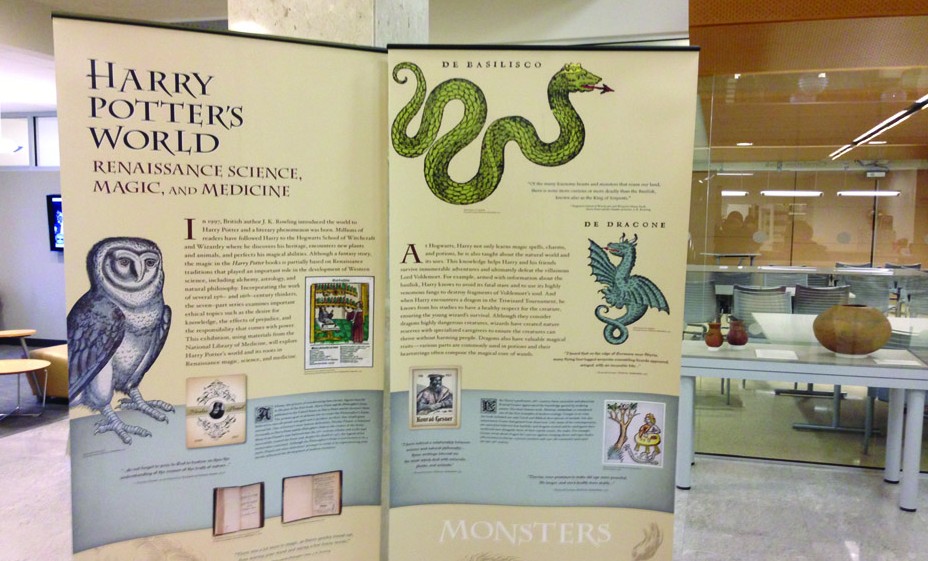Zoe Carter
Contributing Writer
Every year, the College sends multiple students and faculty to present their research at conferences throughout the school year and summer. Though this achievement is always impressive, a Wooster team’s presentation of the “Women’s Gender, and Sexuality Studies (WGSS) at Wooster: Past, Present and Future” digital history website at this year’s American Studies Association (ASA) conference in Honolulu, Hawai’i, held from Nov. 7-10, was particularly meaningful as it coincided with the 40th anniversary of the WGSS program.
Christa Craven, dean of Faculty Development and professor of anthropology and WGSS, Catie Heil, digital curation librarian and Eleanor Linafelt ’20, an English and WGSS double major, presented the presentation “Building a Collaborative Digital Archive: Feminist Histories, Interdisciplinary Alliances, and Activist Partnerships.” Their presentation was part of the panel “Building Digital Archives as We Fight,” connecting back to the overall theme of the conference, “Build As We Fight.”
Every year the ASA hosts a symposium that, according to their website, unites “participants otherwise separated by disciplines, geographies and professional barriers” to connect, collaborate and share research centered on “the interdisciplinary study of U.S. culture and history in a global context.” The theme of this year’s conference explored “how interdisciplinary, intersectional analyses can help to dissect our historical moment and envision alternative futures.” This theme was prompted by analyzing resistance movements ignited by “the threats of authoritarianism, genocide, dispossession and extractive capitalism.”
The WGSS website was unveiled last year to celebrate the 40th anniversary of the College’s women’s studies’ program which has since expanded to include gender and sexuality studies, and is now called WGSS. It traces the extensive history of various marginalized groups as it documents the “intersection of women’s history, civil rights organizing, LGBTQ+ movements and transnational feminist movements.”
The archive is primarily driven by the research interests of students and currently consists of over 30 interviews with faculty and alumni, at least 100 archival items converted into a digital format, a digital timeline tracking the development of the department and a section dedicated to on-campus and community activist partnerships. This archive covers topics such as LGBTQ+ histories on campus, community-campus activist collaborations and women of color as well as transnational feminist contributions to the program.
Honored to present beside Craven and Heil, Linafelt shared insight into her experience and how it strengthened her plans for Independent Study. Linafelt highlighted that “it was very exciting to be in that type of intellectual atmosphere” as she got to see presentations from “many major scholars who [she has] been reading for years in classes.” She even added that she “could see [her] own research reflected in the new work created by the graduate students [she] met.” Linafelt has research interests in poetry, creative nonfiction and queer literature. Being a recipient of Copeland Funding, she was able to attend a myriad of panels relevant to her Independent Study on literature, queer studies and art. It was through these opportunities that she was able to ask questions and gain book and author recommendations regarding her research.

